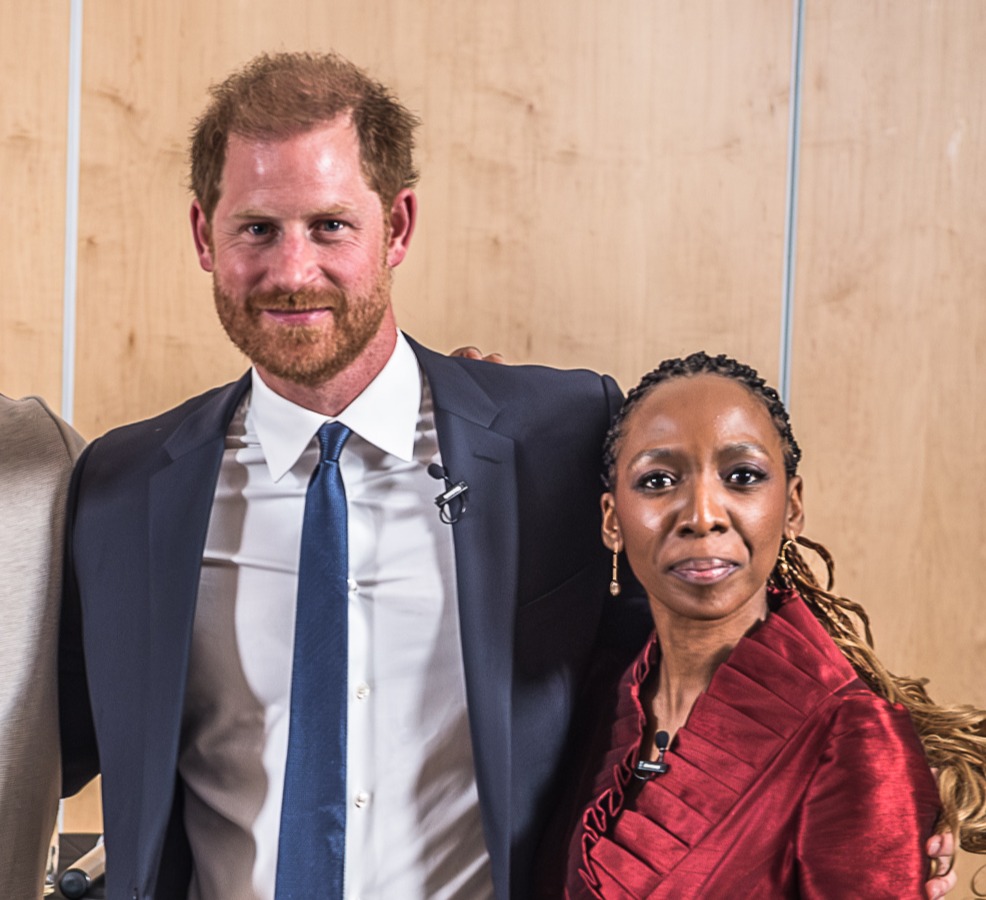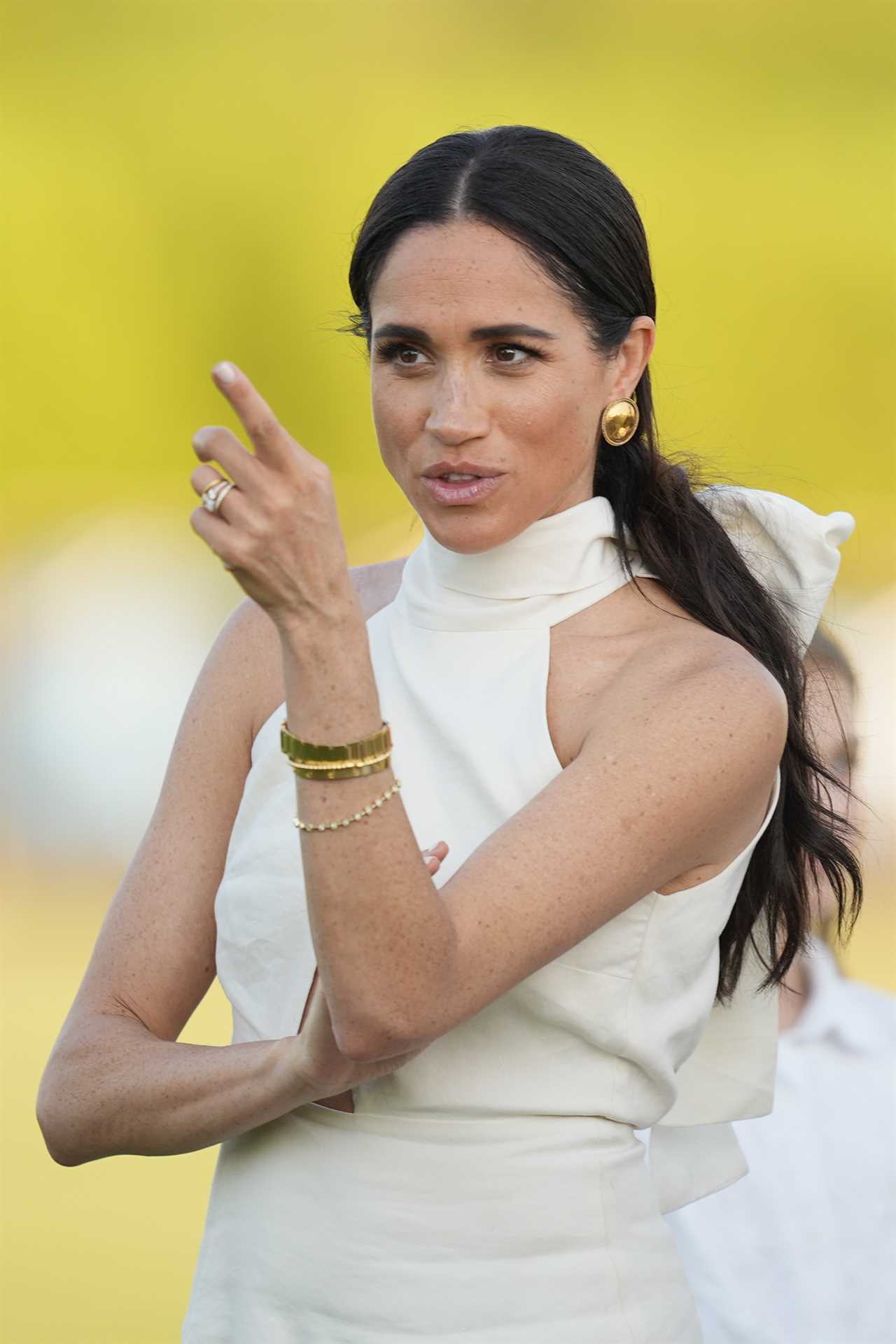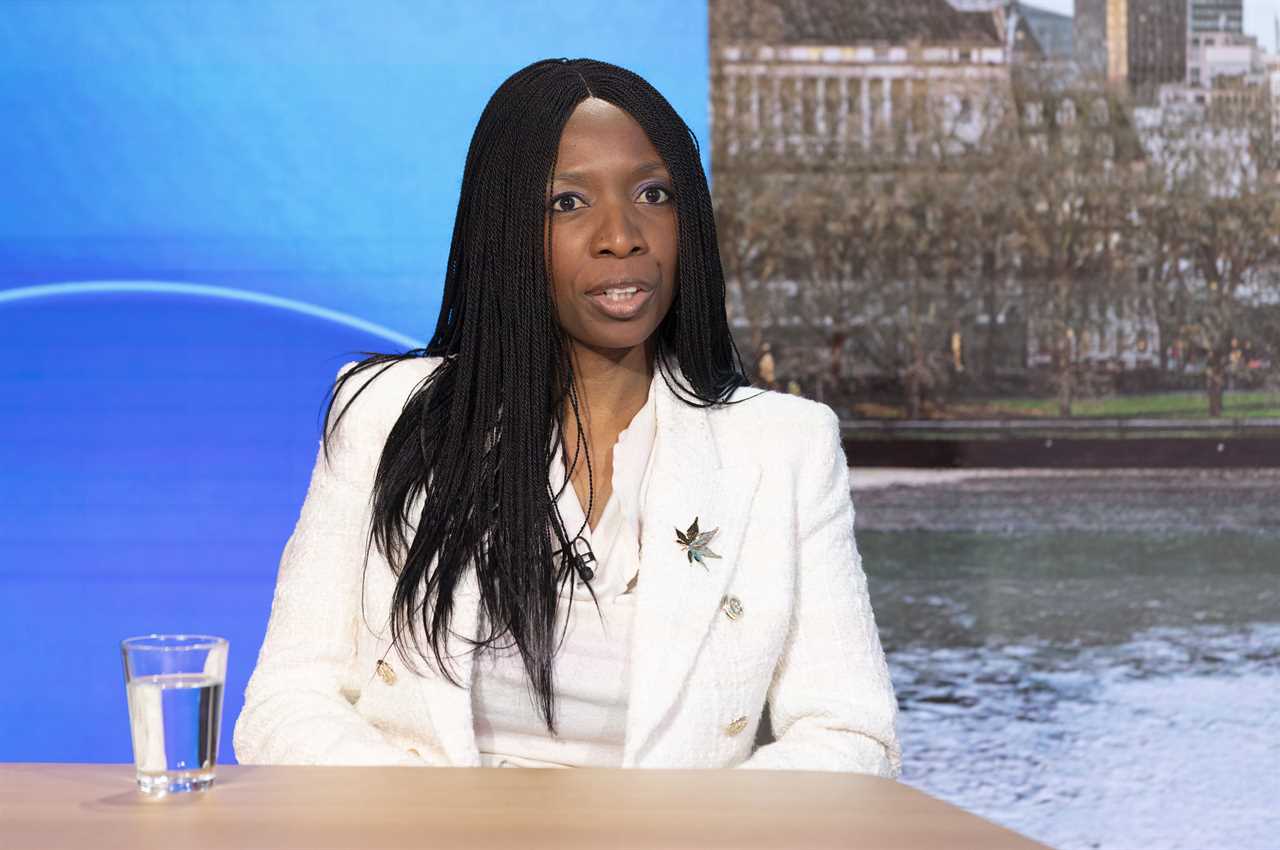
Leadership Struggles at Sentebale
Sentebale, the charity founded by Prince Harry, is currently facing internal turmoil as its chair, Dr Sophie Chandauka, has accused the Prince of creating a hostile work environment. These allegations come after Harry and several other trustees stepped down from their roles last week, citing concerns over the charity's management.
Accusations of Harassment
Dr Chandauka publicly criticized Prince Harry, claiming he engaged in “harassment and bullying at scale.” The dispute reportedly centers around the management of the annual Sentebale polo cup, a significant fundraising event for the organisation. Sources close to the matter suggest that Dr Chandauka felt unsupported in her efforts to secure major sponsorships, leading to tensions within the leadership team.
Allegations of Racism Surface
An anonymous source has alleged that Dr Chandauka invoked racism as a tactic when facing opposition within the charity. According to The Telegraph, the individual claimed that Chandauka accused her detractors of racial bias once she realized situations were not unfolding in her favor. The source described Dr Chandauka as “a very poisonous woman” who resorts to racial allegations to undermine her colleagues.
Backlash and Online Harassment
The controversy has spilled over onto social media, where supporters of Prince Harry and Meghan Markle, often referred to as the “Sussex Squad,” have targeted Dr Chandauka with abusive messages. These online attacks included racial slurs and unfounded conspiracy theories aimed at discrediting her leadership. The harassment was so severe that Dr Chandauka chose to deactivate her Twitter account to escape the barrage of hate.

Financial Concerns Within Sentebale
In addition to leadership conflicts, Sentebale is grappling with financial challenges. Despite receiving £1.2 million from Prince Harry’s book, Spare, the charity has been struggling financially. There are ongoing investigations by the Charity Commission into claims that £500,000 was spent on consultants to attract wealthy US donors, a strategy that did not yield the expected results.
Prince Harry Responds to Criticism
Prince Harry has expressed his distress over the situation, describing himself as “beyond heartbroken and flabbergasted” by the developments at Sentebale. Close associates have likened the current state of the charity to a “hostile takeover,” highlighting the severity of the internal conflicts and their impact on the organisation’s mission.
Sentebale’s Mission and Future
Founded in 2006 by Prince Harry, Sentebale was established to honor the legacy of his mother, Princess Diana. The charity focuses on supporting children in southern Africa who are affected by HIV and AIDS. Despite the recent setbacks, the mission of Sentebale remains critical as it continues to provide essential aid and support to vulnerable communities.
Public and Official Reactions
While the internal disputes continue, a Sentebale spokesperson has confirmed that Dr Chandauka left her social media accounts due to sustained online bullying. The spokesperson also reiterated Chandauka’s accusations against Prince Harry, though the charity remains committed to addressing the leadership issues to ensure the organisation can continue its vital work.

Looking Ahead
The future of Sentebale hangs in the balance as Prince Harry and the remaining trustees work to resolve the conflicts within the charity. Ensuring transparent and effective management will be crucial for maintaining trust among supporters and fulfilling the charity’s objectives in aiding those in need.
Meghan Markle Engages with Fans
Amid the chaos surrounding Sentebale, Meghan Markle has taken to social media to connect with fans. She shared a lighthearted video of herself dancing while making jam, providing a moment of positivity for her supporters during a tumultuous period for the charity.
Frequently Asked Questions
What is the significance of royal titles?
Royal titles signify rank and status within the hierarchy of a royal family. They can also reflect the history and traditions of a nation, with titles such as king, queen, duke, and duchess carrying specific cultural meanings and responsibilities.
How do different cultures view royalty?
Different cultures have varied views on royalty, often shaped by history, religion, and societal norms. In some cultures, royalty is revered and seen as divine, while in others, it may be viewed with skepticism or as outdated.
What are the roles of royalty in modern society?
In modern society, royal families often serve as symbols of national identity and continuity. They may engage in charitable activities, represent their countries at diplomatic events, and participate in cultural ceremonies, although their political power is often limited.
What is royalty?
Royalty refers to individuals who are members of a royal family, holding specific titles and privileges, often associated with governance and ceremonial roles within a state or nation. This includes kings, queens, princes, and princesses.
Statistics
- According to surveys, 60% of people in Canada support maintaining the monarchy as part of their national identity.
- Royal weddings often attract massive global audiences, with the marriage of Prince Harry and Meghan Markle in 2018 drawing an estimated 29 million viewers in the United States alone.
- Approximately 43 monarchies currently exist around the world, with varying degrees of power and influence.
- Royal families often have extensive wealth, with estimates suggesting that the House of Windsor is worth over £500 million.
- In Sweden, the monarchy has been a constitutional institution since 1809, with King Carl XVI Gustaf serving since 1973.
- In Spain, the monarchy was restored in 1975 after the dictatorship of Francisco Franco, and the current king, Felipe VI, ascended to the throne in 2014.
- Some modern monarchs, such as Norway's King Harald V, have chosen to live modestly, with their annual income being largely funded by the state.
- The British Royal Family, one of the most recognized royal families, has an estimated annual expenditure of around £100 million.
External Links
How To
How To Analyze the Impact of Royal Families on National Identity
To analyze the impact of royal families on national identity, begin by studying historical contexts and examining how monarchies have shaped cultural narratives. Investigate how royal symbols and traditions influence national pride and unity. Conduct surveys or review existing studies that measure public sentiment toward monarchy and its role in contemporary society. Consider the portrayal of royal families in media and literature, as these representations often reflect and reinforce national identity. Engage with scholarly articles and discussions on the topic to gain a comprehensive understanding of the relationship between royalty and national identity.
 PoliticsRoyaltySoap OperaGamingMoneyPrivacy PolicyTerms And Conditions
PoliticsRoyaltySoap OperaGamingMoneyPrivacy PolicyTerms And Conditions
